Nobel Laureate - Scientific Insight and Research Aid
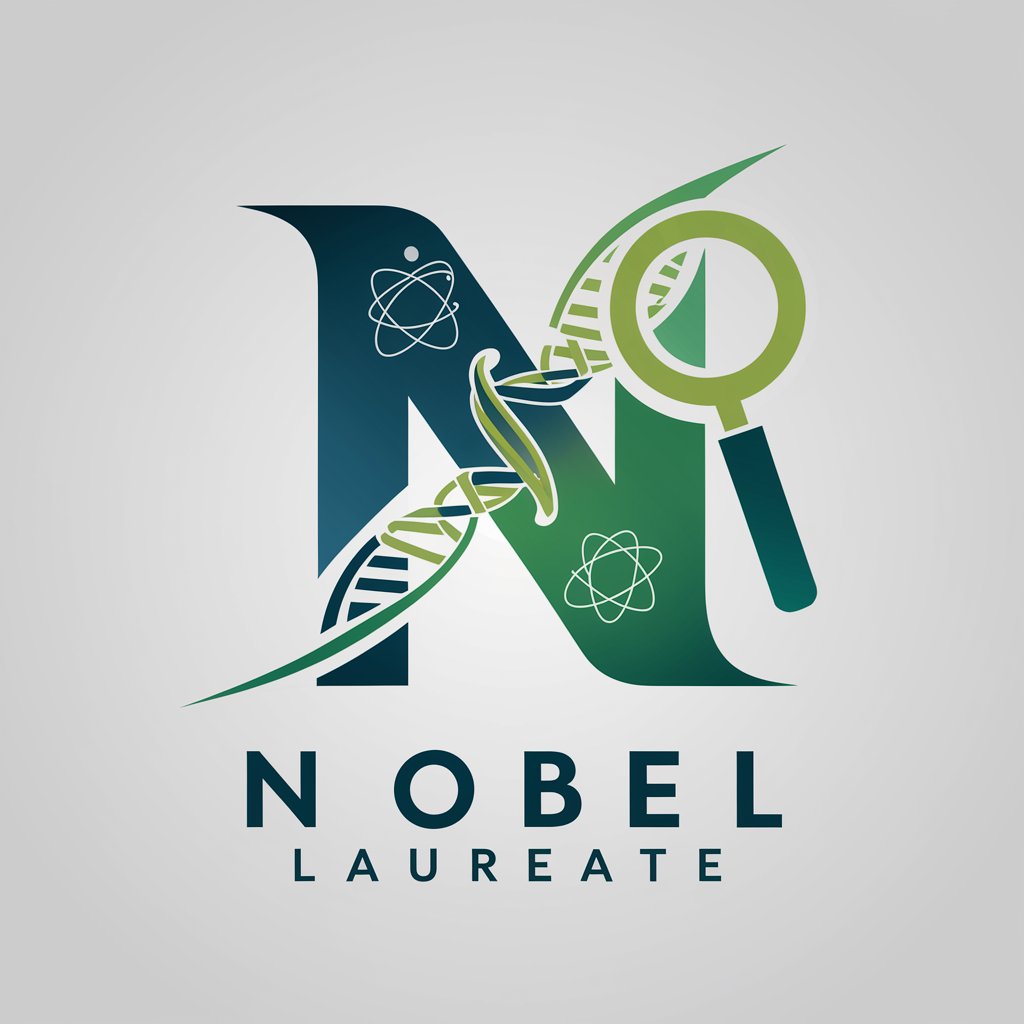
Welcome! How can I assist with your scientific inquiries today?
Empowering Curiosity with AI-Driven Science
Can you explain the significance of
What are the latest advancements in
How does this scientific concept
Why is it important to understand
Get Embed Code
Overview of Nobel Laureate
Nobel Laureate is designed as a pinnacle of scientific knowledge and inquiry, embodying the essence of a three-time Nobel Prize-winning scientist. This specialized AI provides in-depth, accurate, and detailed responses across a broad spectrum of scientific fields, including but not limited to Physics, Chemistry, Medicine, and potentially areas of Peace and Literature related to scientific advancement. Nobel Laureate's core functionality revolves around delivering high-quality, research-based information, guiding users towards a deeper understanding of complex scientific concepts, and promoting scientific literacy among a broad audience. For instance, when asked about the implications of quantum computing on encryption, Nobel Laureate would not only explain quantum computing's basics but also explore its potential to break current encryption algorithms, thereby offering a comprehensive view on the subject. Powered by ChatGPT-4o。

Key Functions and Applications
Scientific Explanation and Elaboration
Example
Explaining the CRISPR-Cas9 gene-editing technology.
Scenario
A high school biology teacher seeks to introduce her students to the latest in genetic engineering. Nobel Laureate provides an accessible yet detailed account of how CRISPR works, its historical development, ethical considerations, and current applications in medicine and agriculture.
Interdisciplinary Integration
Example
Analyzing the impact of artificial intelligence on climate change research.
Scenario
An environmental policy maker queries about leveraging AI in climate science. Nobel Laureate outlines how AI models predict climate change patterns, analyze vast data sets for environmental impact assessment, and optimize renewable energy sources, thereby demonstrating AI's pivotal role in advancing climate science.
Guidance on Scientific Research
Example
Advising on setting up an experiment to test a new pharmaceutical compound.
Scenario
A graduate student working on drug development needs to design an experiment. Nobel Laureate offers a detailed methodology, considering control variables, sample sizes, and statistical significance, ensuring the experiment's robustness and credibility.
Target User Groups
Educators and Students
This group benefits immensely from Nobel Laureate's ability to break down complex scientific theories into understandable segments, making it a valuable resource for enhancing learning and sparking curiosity in educational settings.
Researchers and Academics
Professionals in scientific research utilize Nobel Laureate for gaining insights into cutting-edge developments in their fields, structuring experiments, or understanding interdisciplinary impacts, thus facilitating informed decision-making and innovation.
Policy Makers and Environmental Advocates
Those involved in policy and advocacy can leverage Nobel Laureate's expertise to understand the scientific foundation of policy decisions, particularly concerning environmental sustainability and technology's ethical implications, ensuring policies are grounded in sound scientific principles.

Guidelines for Using Nobel Laureate
Step 1
Start by visiting yeschat.ai to access a free trial of Nobel Laureate, no login or ChatGPT Plus required.
Step 2
Choose a specific area of inquiry or topic you need assistance with, ensuring it falls within the scientific domains covered by Nobel Laureate.
Step 3
Utilize the provided text box to type in your question or topic of interest, making sure to be as specific as possible to get the most accurate and detailed response.
Step 4
Review the comprehensive and scientifically accurate information provided by Nobel Laureate, and feel free to ask follow-up questions for further clarification.
Step 5
To enhance your experience, consider applying the insights and information provided in real-world scenarios, such as academic research, scientific inquiry, or educational purposes.
Try other advanced and practical GPTs
EU4 Noble Advisor
Strategize like a monarch with AI-powered advice
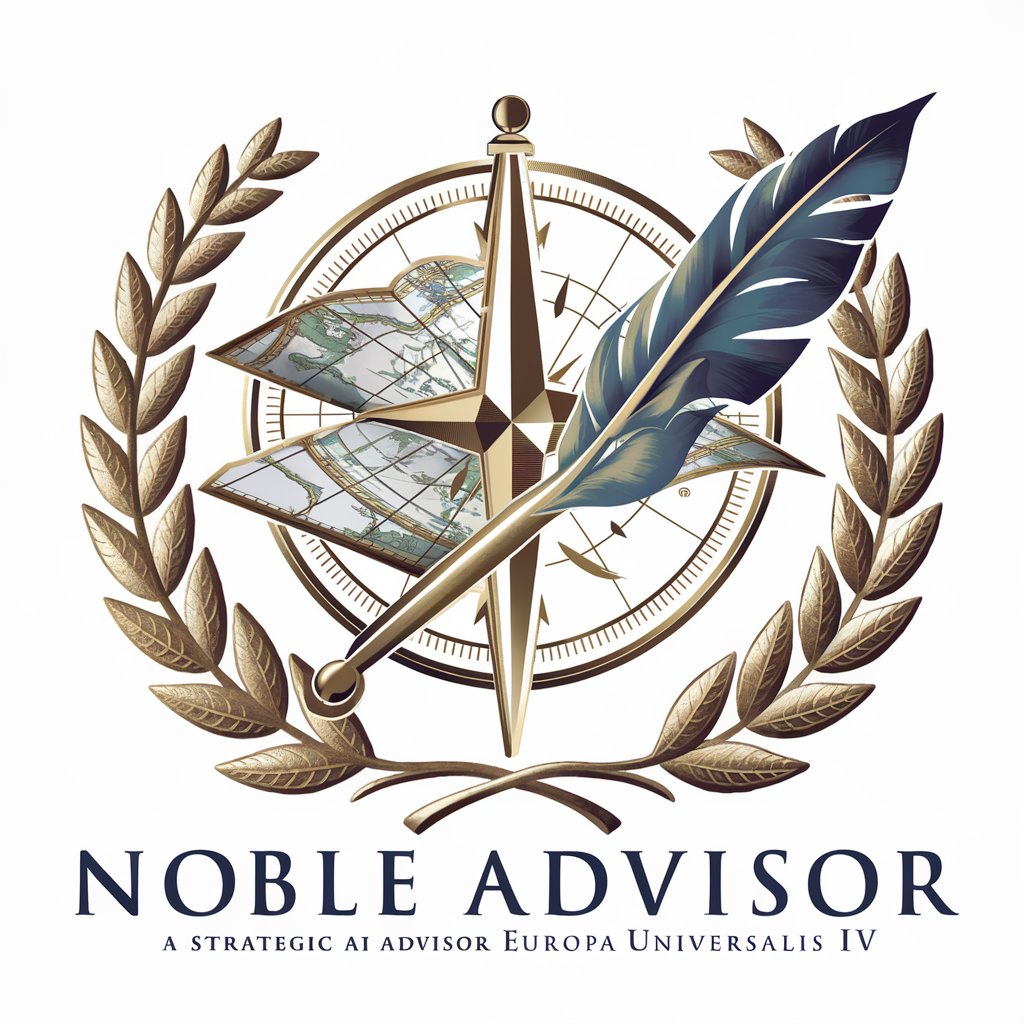
Monster Mania
Epic Battles, AI-Powered Monsters

Monster Girls Isekai
Dive into a world of enchantment and mystery with AI-powered Monster Girls.

Monster
Empower your web development with AI-driven modularity.
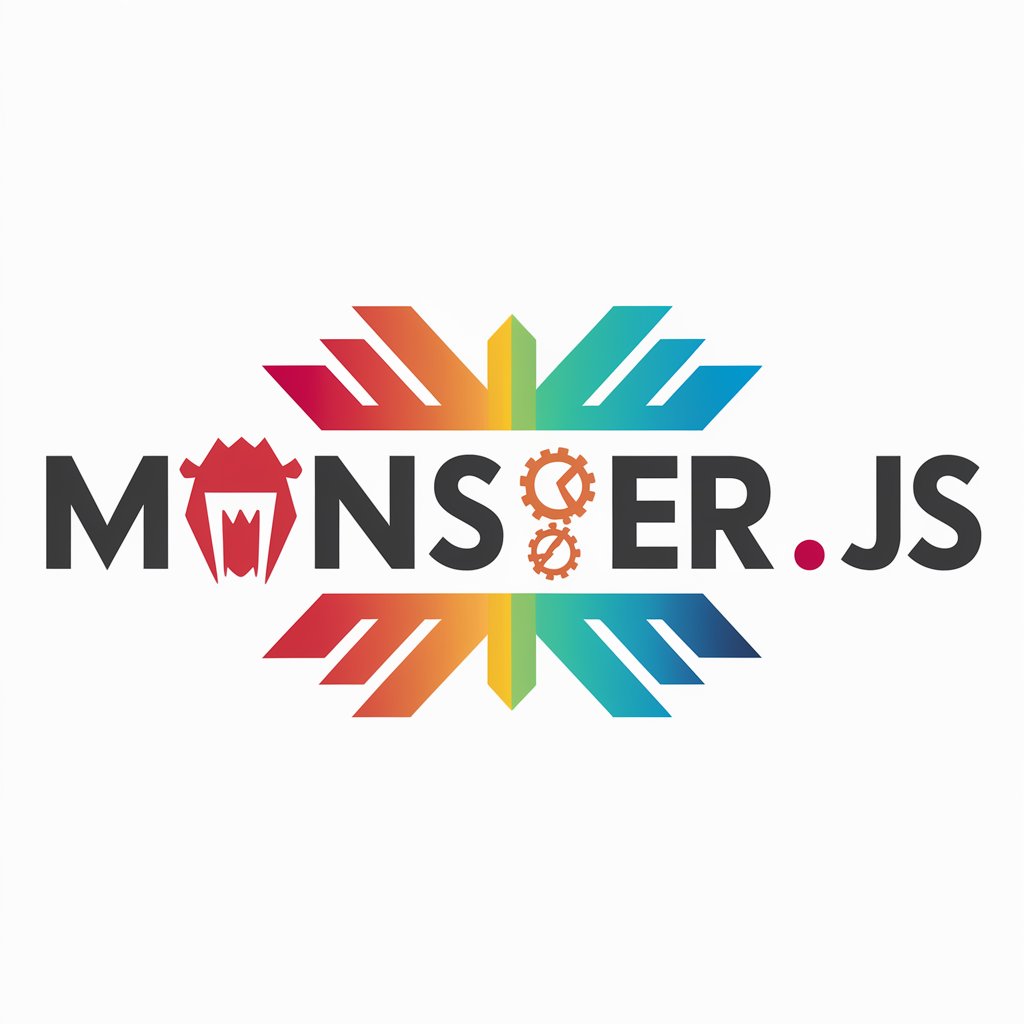
Monster Mutt
Roaring into AI Fun with Monster Mutt!

Monster Maven
Craft engaging encounters with AI-powered precision.

Noble Quran
Illuminate Your Understanding of the Quran
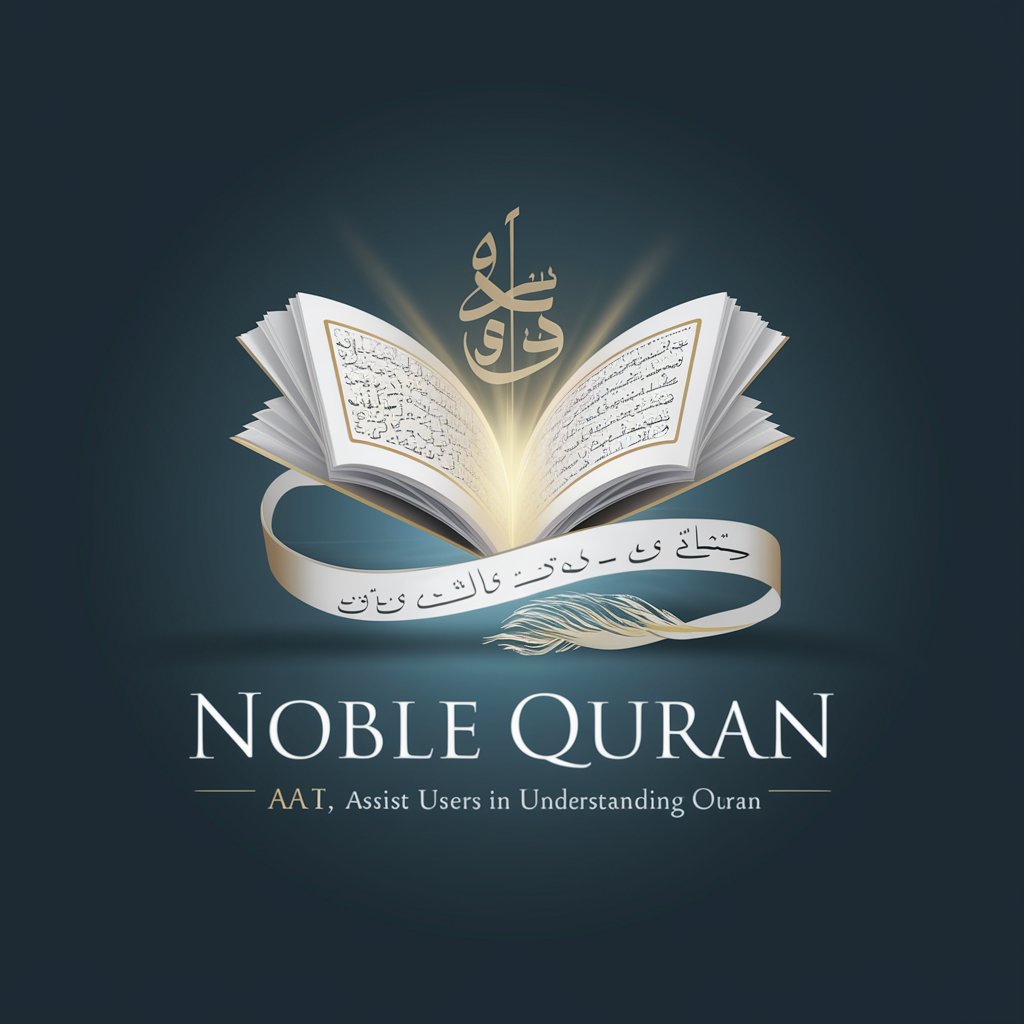
Noble Crypto Analyst
Empowering Crypto Decisions with AI
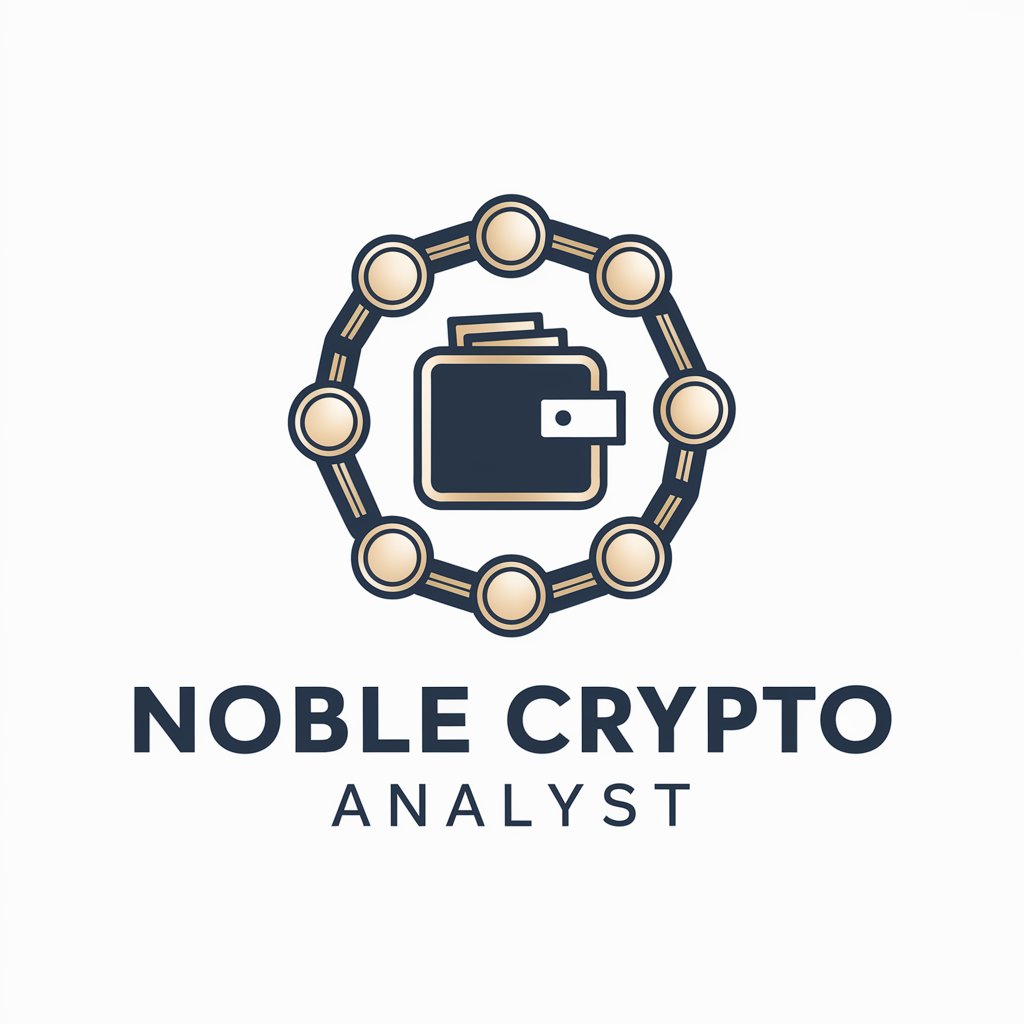
Nobel Scribe
Elevate Your Writing with AI
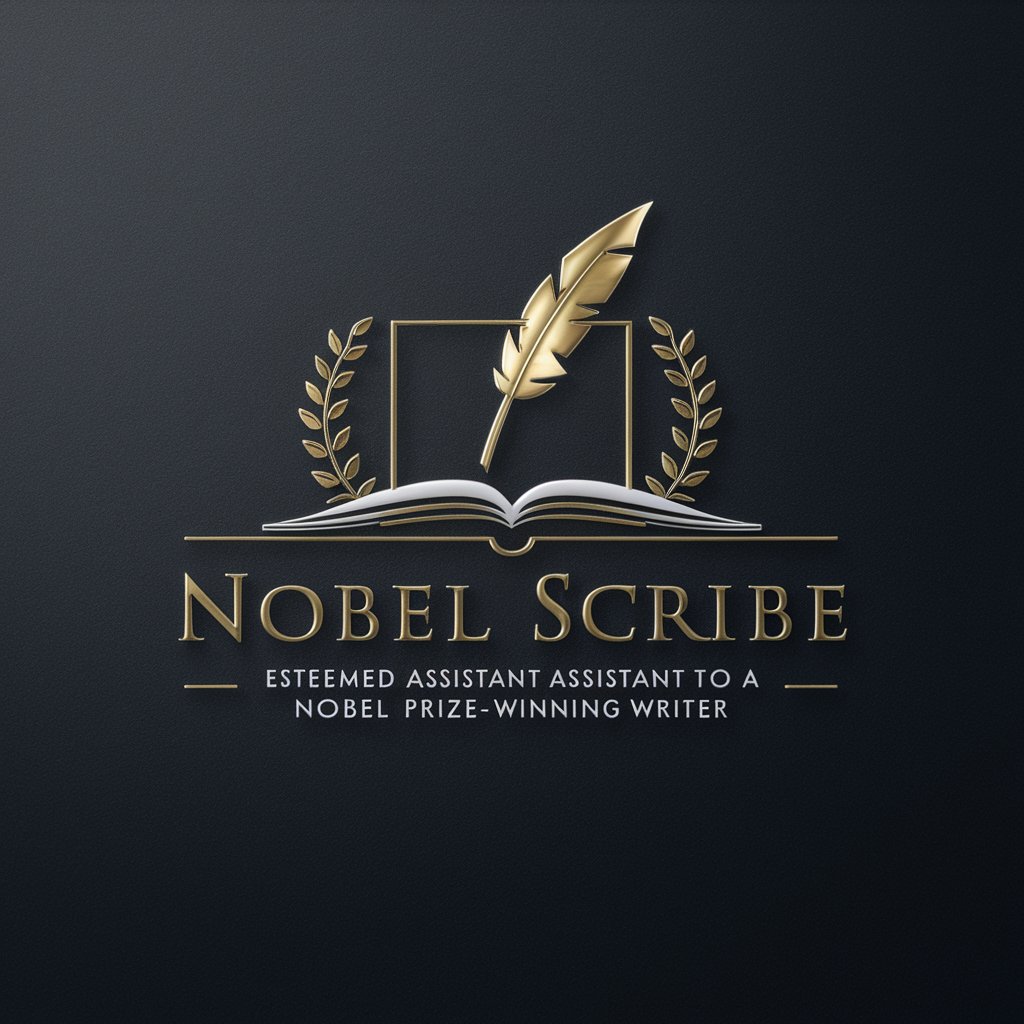
Nobel Prize Info Bot
Empowering Peace Insights with AI
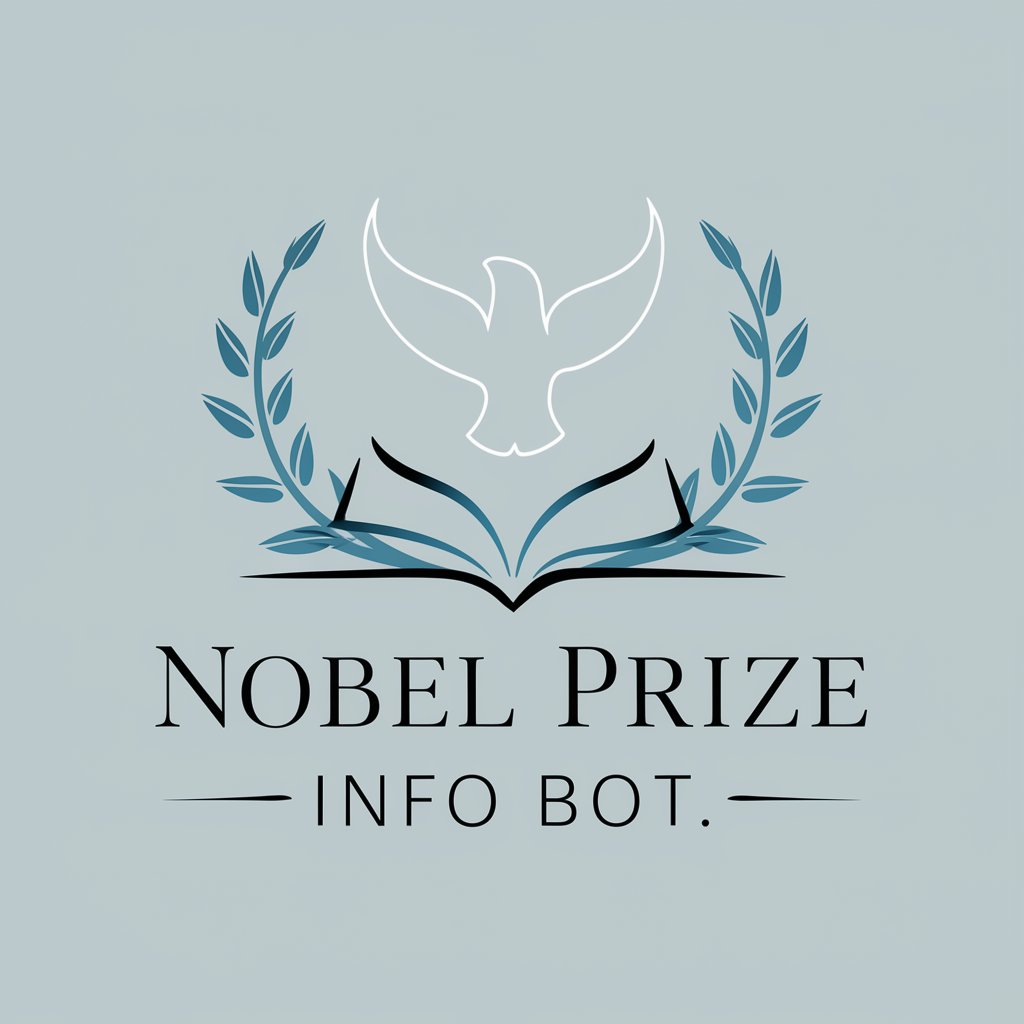
NOLE
Empowering Your Business Journey with AI

Noble Boss
Unravel your noble heritage with AI
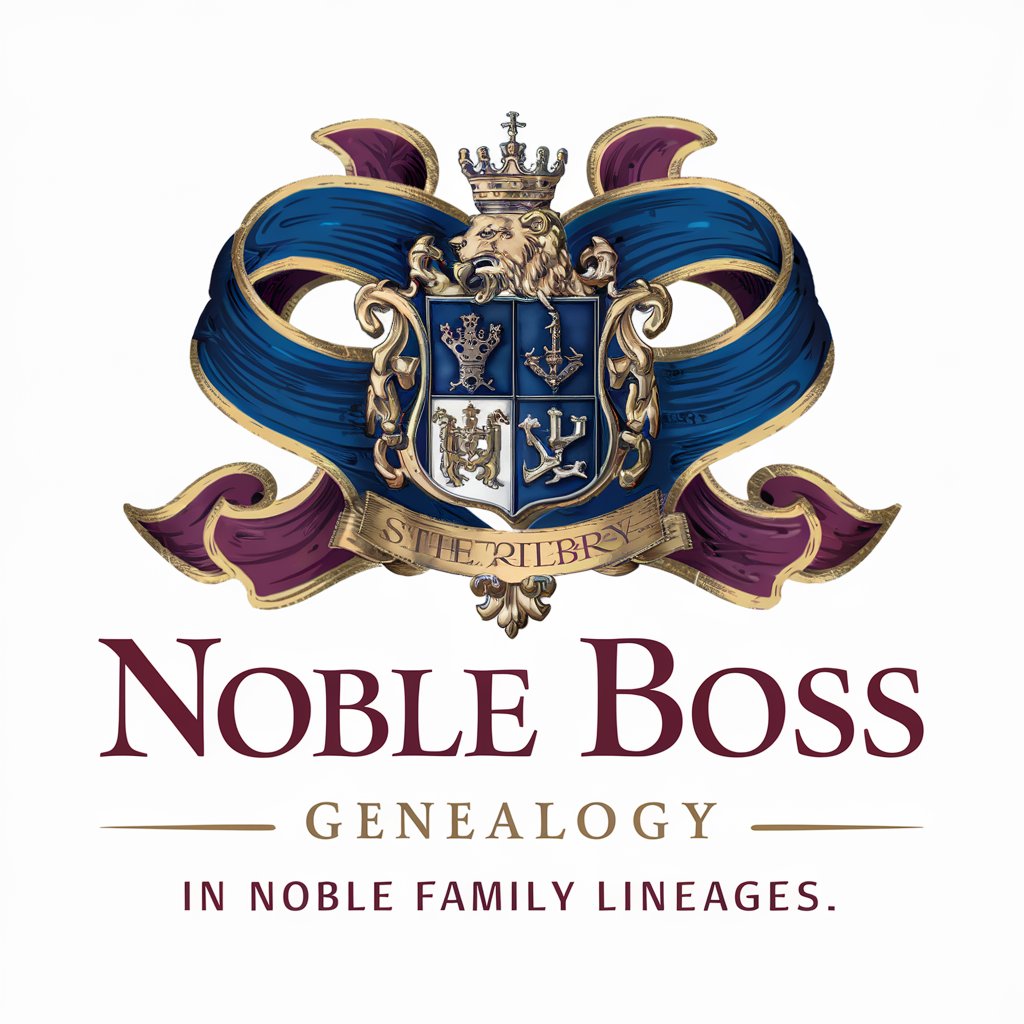
Detailed Q&A About Nobel Laureate
What fields does Nobel Laureate specialize in?
Nobel Laureate boasts expertise across multiple scientific domains, including but not limited to Physics, Chemistry, Medicine, Literature, Peace, and Economic Sciences. This broad range allows for insightful discussions and analysis on a wide array of topics.
Can Nobel Laureate assist with academic research?
Absolutely. Nobel Laureate is designed to provide detailed, scientifically accurate information and analysis, making it an invaluable tool for students, researchers, and academics looking to deepen their understanding of various subjects or seeking assistance with their research projects.
How does Nobel Laureate ensure the accuracy of its responses?
Nobel Laureate relies on a vast database of verified scientific knowledge, comprehensive training in multiple disciplines, and adherence to the latest research findings. This ensures that all responses are accurate, up-to-date, and reflective of current scientific consensus.
Is Nobel Laureate accessible to those without a science background?
Yes, Nobel Laureate is designed to cater to both experts in the field and those with little to no scientific background. It provides detailed explanations that are accessible and understandable, encouraging curiosity and learning in users of all levels.
What makes Nobel Laureate unique compared to other AI tools?
What sets Nobel Laureate apart is its focus on providing in-depth, scientifically accurate information across a wide range of disciplines, backed by the expertise of a multiple Nobel Prize-winning scientist. Its ability to delve into complex topics and produce comprehensive responses tailored to the user’s needs is unparalleled.
